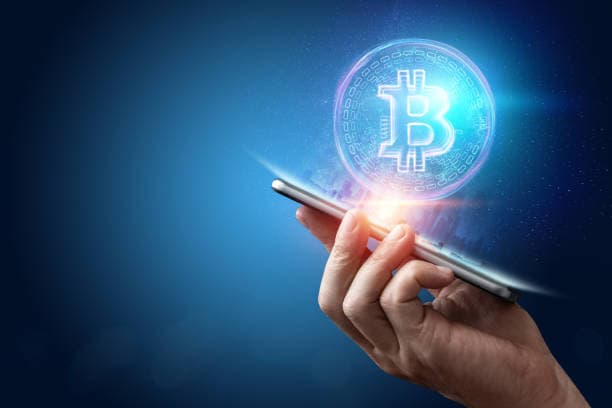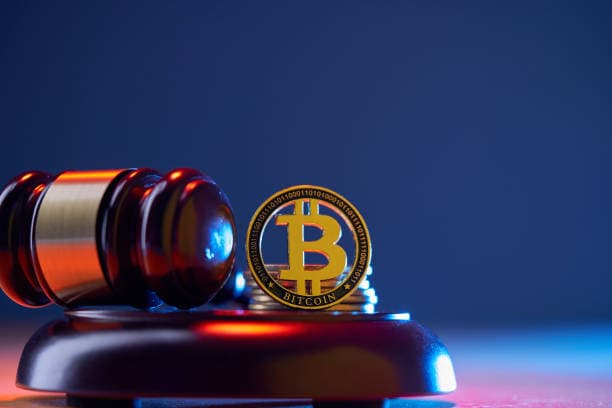How to Safely Store and Manage Your Coins
In the world of cryptocurrencies, security is one of the main concerns of every user. Whether you're an experienced player or a newbie, the safety of your assets is always a top priority. This article will teach you how to securely store and manage your coins, covering everything from choosing a wallet to protecting your private keys and setting up double authentication. Learning these basic security tips can greatly reduce the risk of an attack on your assets and ensure that your investment in the cryptocurrency market remains secure.

Choosing the right wallet
When managing cryptocurrency, it is important to choose a safe and reputable wallet. There are many types of cryptocurrency wallets on the market, mainly categorized into hot wallets and cold wallets. Hot wallets are Internet-connected wallets that are suitable for daily transactions but are relatively less secure, while cold wallets are offline storage and are generally considered more secure. For long-term storage of coins, it is recommended to choose cold wallets, such as hardware wallets or paper wallets, which can maximize the protection of assets from hackers.
Hot wallet vs Cold wallet
Hot wallets, such as MetaMask and Trust Wallet, are easy to use and are suitable for small daily transactions, but please be careful to protect your private keys during use. Cold wallets, such as Ledger or Trezor hardware devices, are more secure and suitable for long-term storage of cryptocurrencies, so it is recommended to store most of your coins here to ensure the safety of your assets.
Protecting your private key
A private key is the only proof of control over your cryptocurrency assets, and if it is lost or compromised, hackers can easily steal your pie. Therefore, it is important to protect your private key. Don't save your private keys in unsecure places, such as cloud storage, emails, or simple notebooks. It's best to keep your private keys on an offline device and back them up regularly.
Backup Private Key and Recovery
Most wallets will provide a set of helpers (e.g. 12 words) as a backup for the private key, these helpers should be kept safe and not shared with anyone. In the event that you forget or lose your private key, these helpers will be your only way to recover your assets. It is recommended to write down the helpers and put them in different safe places to avoid loss or damage.
Setting up Dual Authentication
In addition to private keys, another layer of protection for account security is double authentication (2FA). With 2FA enabled, even if your password is stolen, hackers still can't log in to your account easily. The mainstream 2FA tools on the market include Google Authenticator and Authy, etc. They generate one-time passwords on a regular basis, adding an extra level of security.

Why do I need to be double-certified?
Statistically, accounts with dual authentication enabled have a lower risk of attack than those without by approximately 90%. This is because 2FA requires not only passwords, but also dynamic codes generated by other devices or applications to authenticate, greatly improving account security.
Choose a guaranteed trading platform
In the cryptocurrency market, choosing the right trading platform is equally important. Choosing a secure exchange can minimize the risk of asset security. For example, large exchanges such as Binance and OKX offer strong security measures, including funds insurance, cold wallet storage, and multiple encryption technologies. Some platforms also offer anti-fraud tools to help users identify potential dangers.
How to identify a trusted exchange?
When choosing an exchange, you should check whether its security measures are sound, whether it has a capital insurance program, and whether it has a good user reputation. Some platforms publicly disclose their security incident records and insurance strategies, which can help increase trust.
Avoid phishing sites and scams
Phishing sites and scams have always been a major threat in the cryptocurrency market. Many hackers impersonate well-known trading platforms or wallets and design fake websites to trick users into entering private keys or login passwords. To avoid such problems, it is important to check if the URL is correct and stay vigilant by not clicking on unknown links or downloading unknown files.
How do I protect myself from phishing attacks?
Ensure that the website you visit is official, starts with "https://" and has the correct domain name. Avoid clicking on links in emails or text messages from strangers and check your wallet and exchange account logins regularly and change your passwords if you find anything unusual.
Use of multi-signature wallets
Multisignature wallets (Multisig) are a type of wallet that requires multiple key signatures to complete a transaction. This setting can greatly increase the security of the wallet, especially for those users who hold a large amount of coins. By setting up multiple signatures, funds can only be transferred after confirmation by multiple parties, which effectively avoids the risk of a single private key being stolen.
Advantages of Multi-Signature Wallets
If you are worried about the risk of a single private key, you can choose to use a multi-signature wallet, so that even if the hacker steals your private key, more signatures are needed to complete the transfer. This is a very effective means of defense for users with more funds.
Frequently Asked Questions Q&A
Q1: What is a cold wallet and why is it safer than a hot wallet?
Cold wallets are a method of storage that is not connected to the Internet and therefore less susceptible to hacking. Compared to hot wallets, cold wallets provide additional security and are particularly suitable for long-term storage of cryptocurrencies.
Q2: How should I manage my private key?
Private keys should be kept in a safe, offline place and backed up properly. The best way to do this is to use a hardware wallet or paper wallet for storage and avoid storing private keys on Internet-connected devices.
Q3: What should I do if my trading account is attacked?
If you find any abnormal login records or fund changes in your trading platform account, you should freeze your account immediately and contact customer service to apply for fund suspension and change all account passwords and dual authentication settings.
These are some of the basic methods and tips on how to safely store and manage Pycoins. Only by mastering these basic security measures can you better protect your assets in this ever-changing cryptocurrency market.














